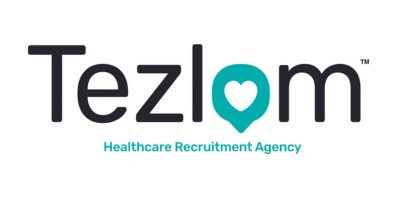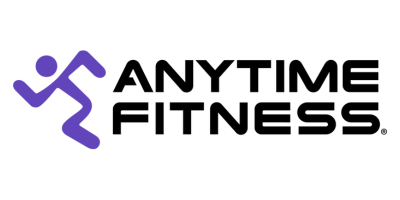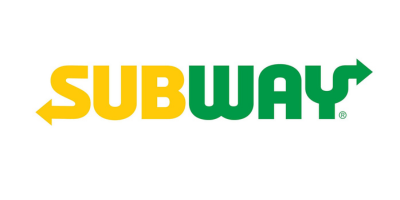Be a part of an industry that is booming and build your own successful payments business. The shift from cash to card payments is accelerating. Add to this, we’ve recently invested over £100m in building and launching a brand new product that’s right at the top of the industry into the market, so there couldn’t be a better time to start your journey with us.
Please note – this is not a franchise
Industry Sector(s)
Interested in attending one of our exhibitions?
Kickstart your franchise journey at the UK’s flagship Franchise Exhibitions. Discover a wide variety of franchise opportunities and meet the people behind the brands.

We started from one belief: that businesses deserved better…
…that people pouring their hearts into their passion should get paid reliably, efficiently and affordably. So we decided to shake up the payments industry for good. From humble beginnings, we’ve become one of Europe’s fastest-growing FinTech companies, winning numerous awards (including the Tech Track 100, National Business Awards, the Europe-wide Inc 5000 and Sunday Times Best Companies To Work For).
Our Northstar is to become the most trusted payments provider. We’re putting our customers at the heart of payments, taking control of the end-to-end process and ironing out the industry’s kinks.
This opportunity requires £0 investment. We will provide you with everything you need free of charge to build your successful payments business with us including full training, support, marketing materials, a demo terminal and industry leading products to sell.
The earning potential of this opportunity is very high. We currently have a significant number of consultants across the country earning well in excess of £100k per year.
We currently operate in the UK and Ireland and have opportunities right across the country. Whilst you are based from home, you will be selling our solutions face-to-face into businesses in your local area.
We are looking for entrepreneurs who want to build a successful business under our brand. Confidence, hard work, grit, discipline, organisation and self-motivation are traits that are all needed to build your successful payments business with us.






